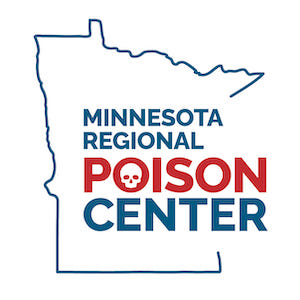Child Safety Tips
Preschoolers and poison prevention (PDF)
How to prevent poisoning in children (PDF)
More than half the calls received by most poison centers across the country involve children under the age of six. Usually these poisonings result in mild or no symptoms, but there is potential for severe injury or even death.
Most often, children are poisoned in their own homes. The top reasons why children accidentally poison themselves are listed here:
- Poisons are not stored properly. To prevent a small child from getting into something he or she shouldn’t, keep harmful products up high and out of sight (preferably locked up). Also, remember that “child-resistant” caps are NOT “child-proof”!
- Children are naturally curious about the taste, smell, and texture of products which is why they may put non-food items in their mouths (especially if they are brightly colored). Again, you should keep these products up and away from kids.
- Children think a poison is something other than a poison. Children can mistake “look-alike” items such as fuels, cough syrup, medicine, and shampoo to be food, drinks, or candy. You should teach your children to ask first before tasting, eating, or drinking anything.
- Children imitate the behavior of adults. Children may copy what their parents or grandparents do, such as taking medication. Try to avoid using these products in front of children and make sure not to call medicine “candy”.
Adults need to decide which of these safety measures can be easily and effectively incorporated at home!
